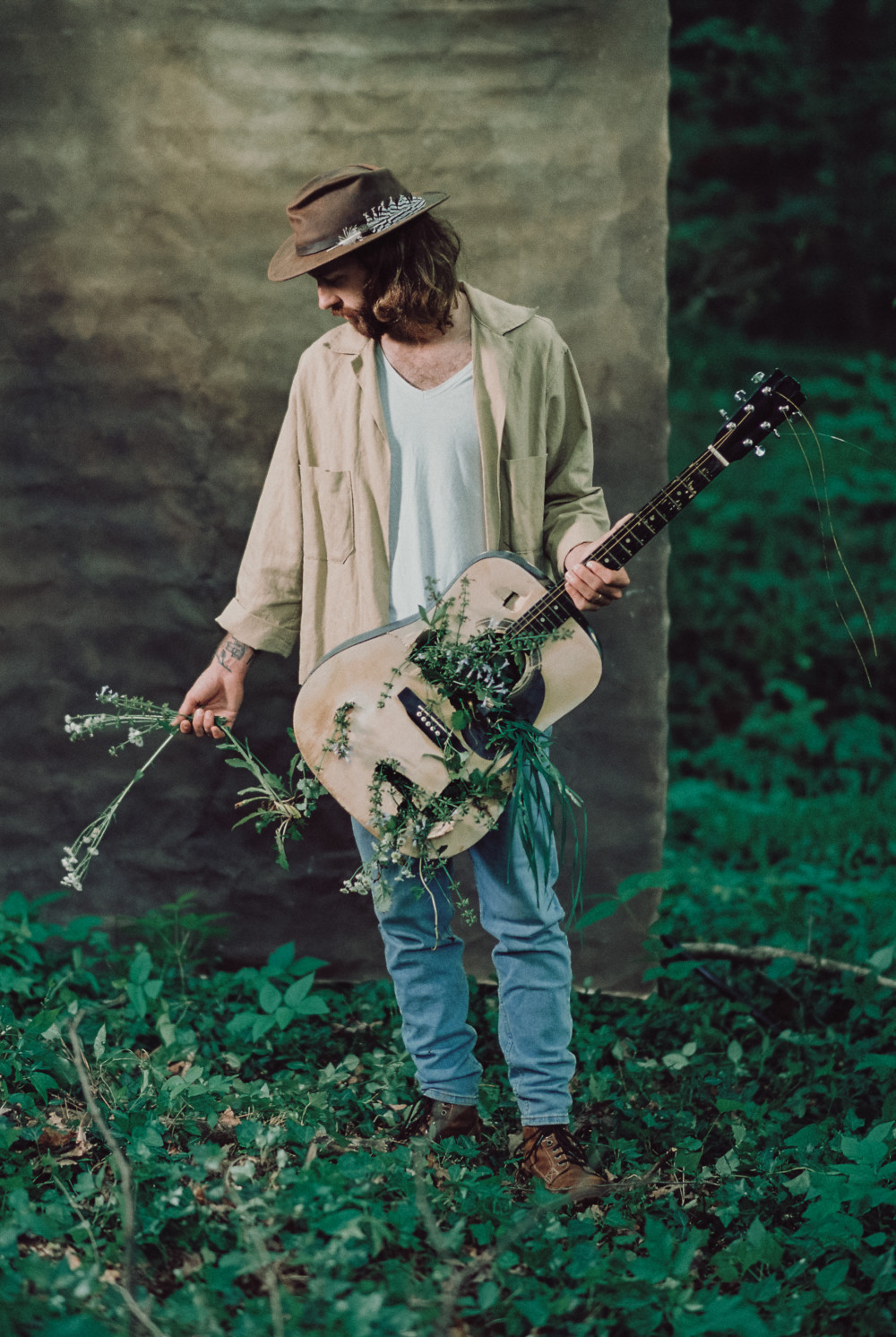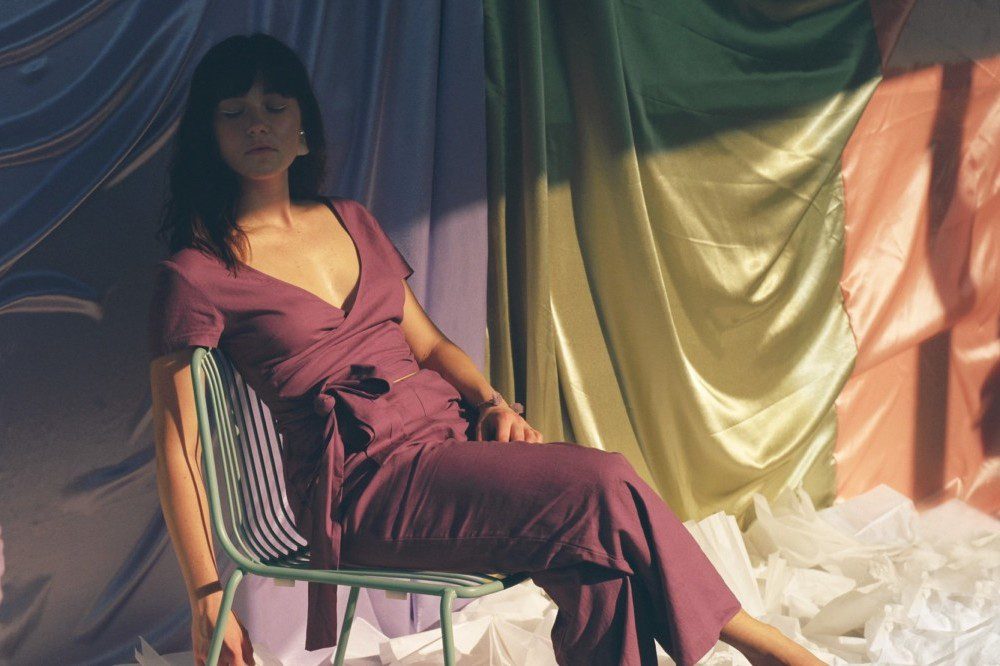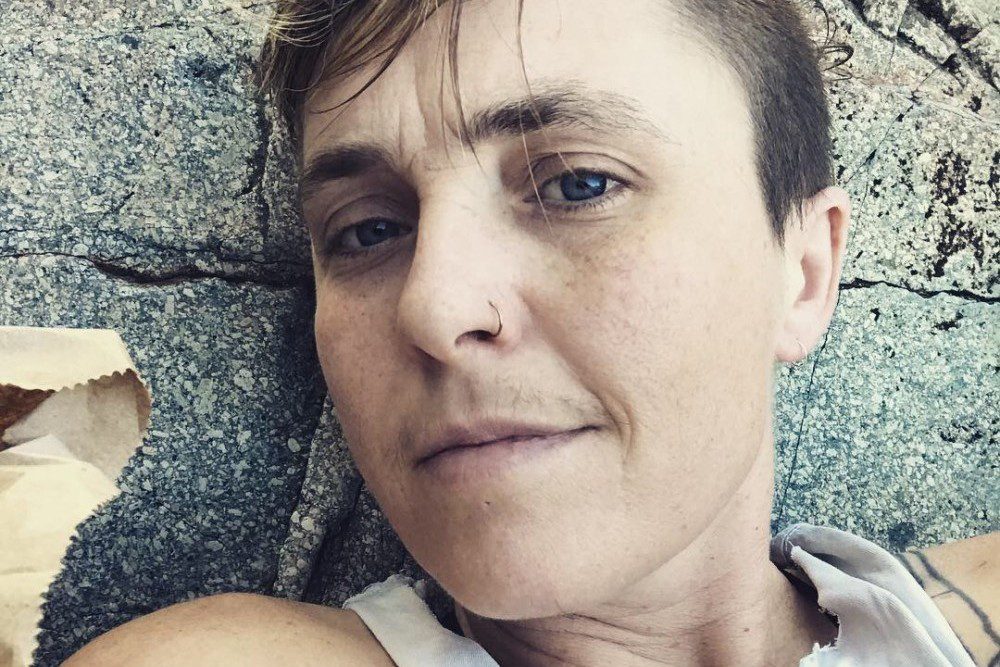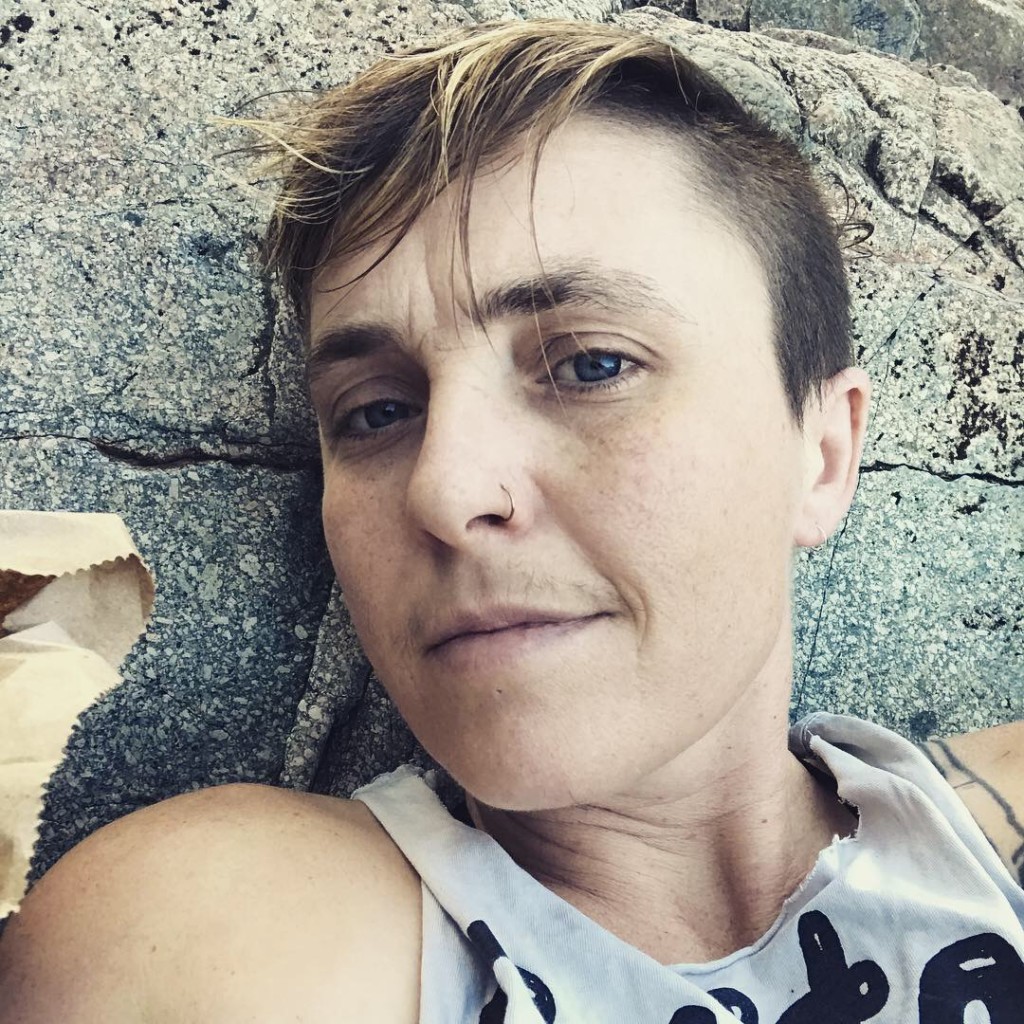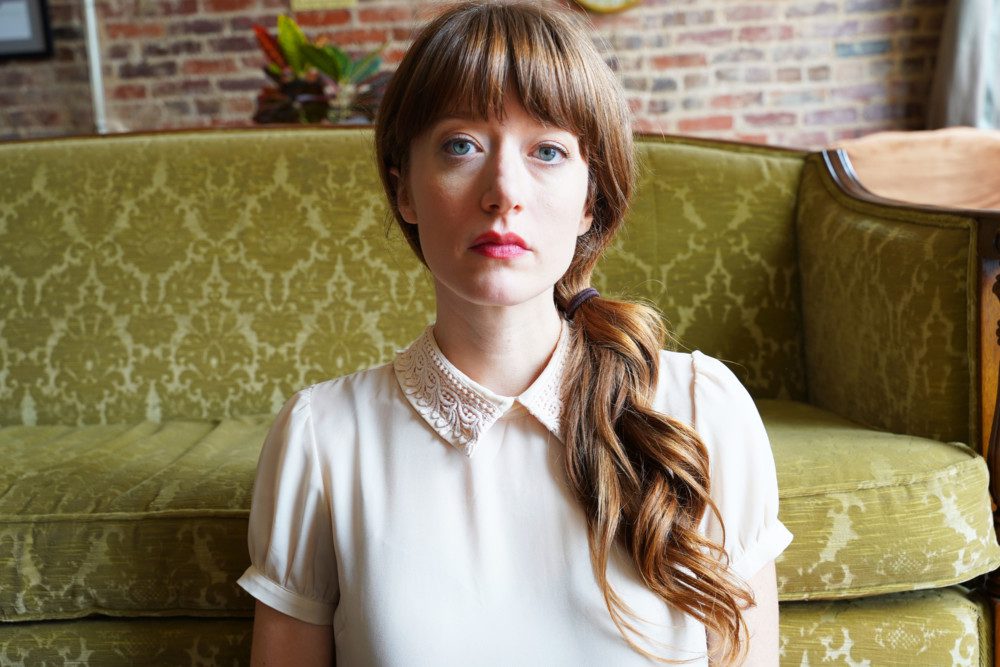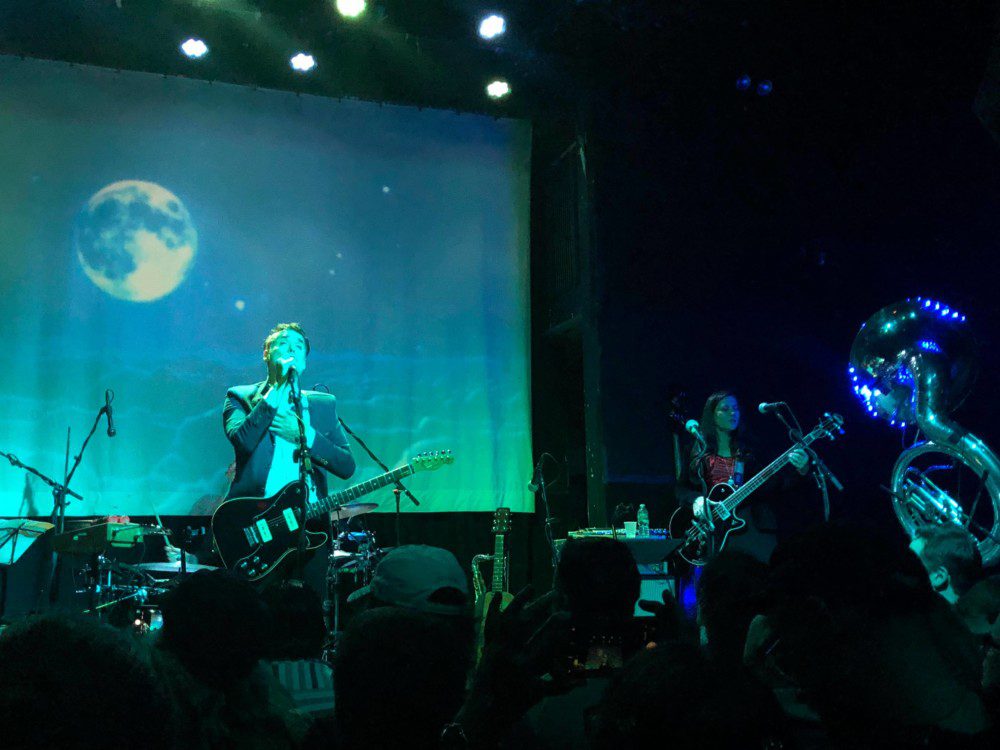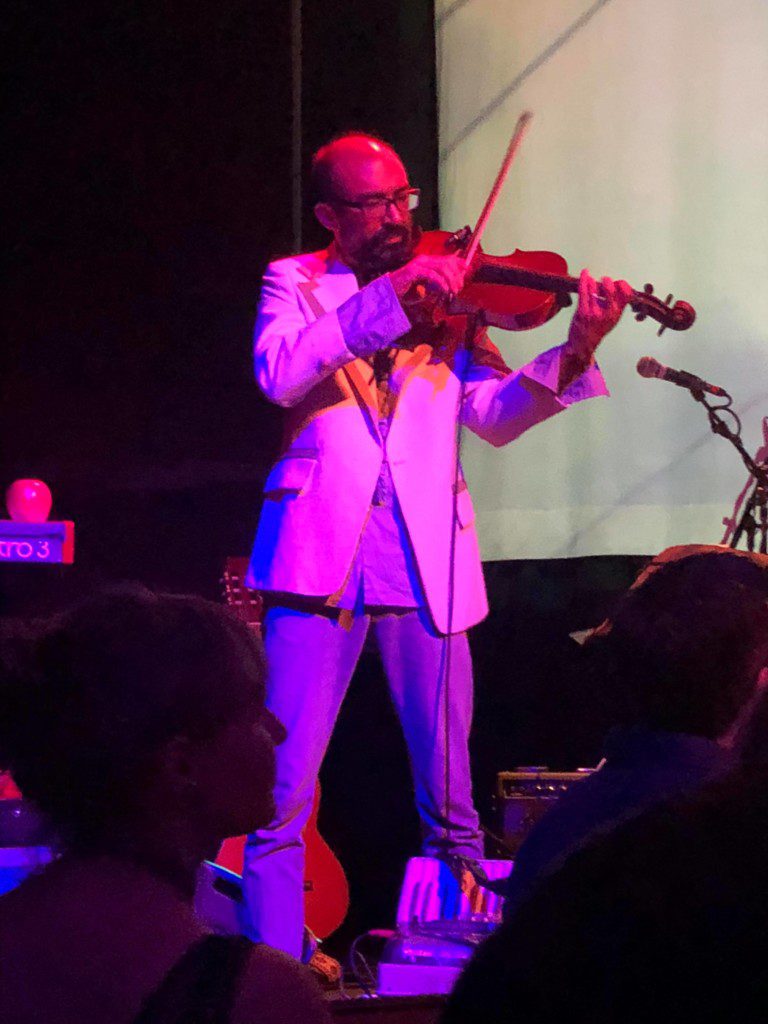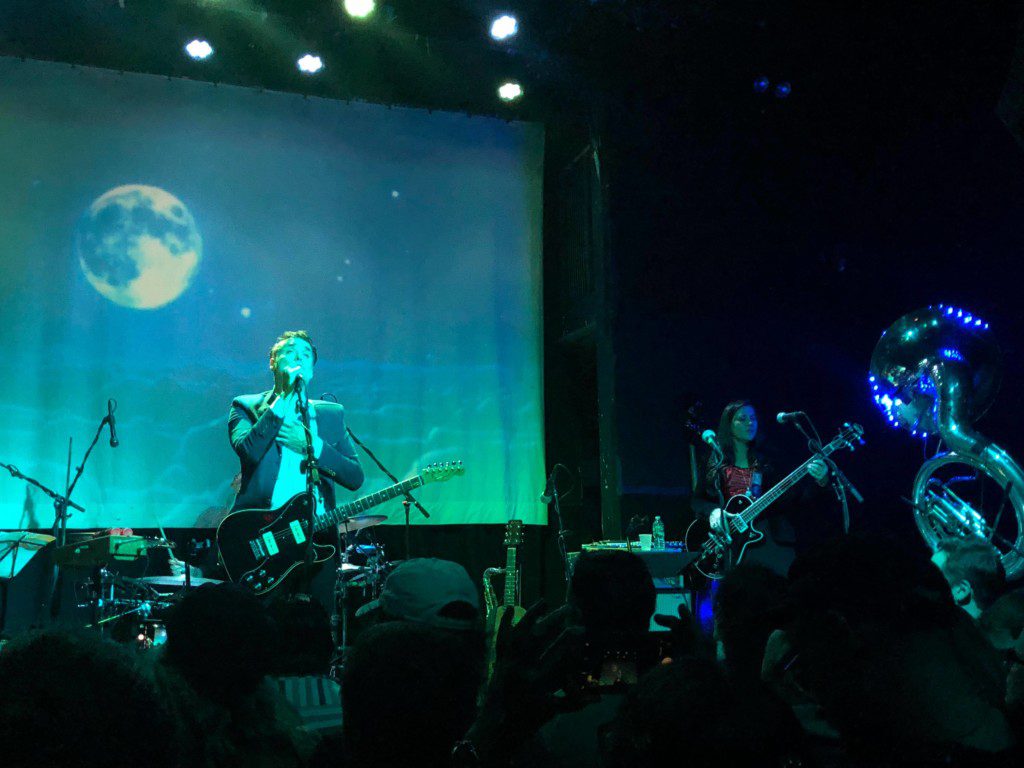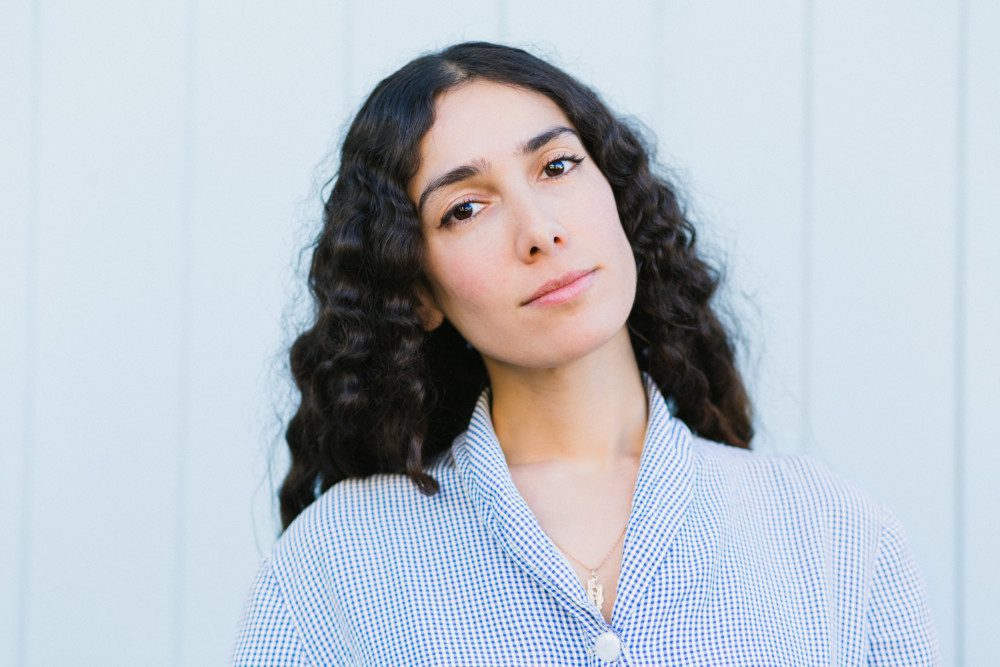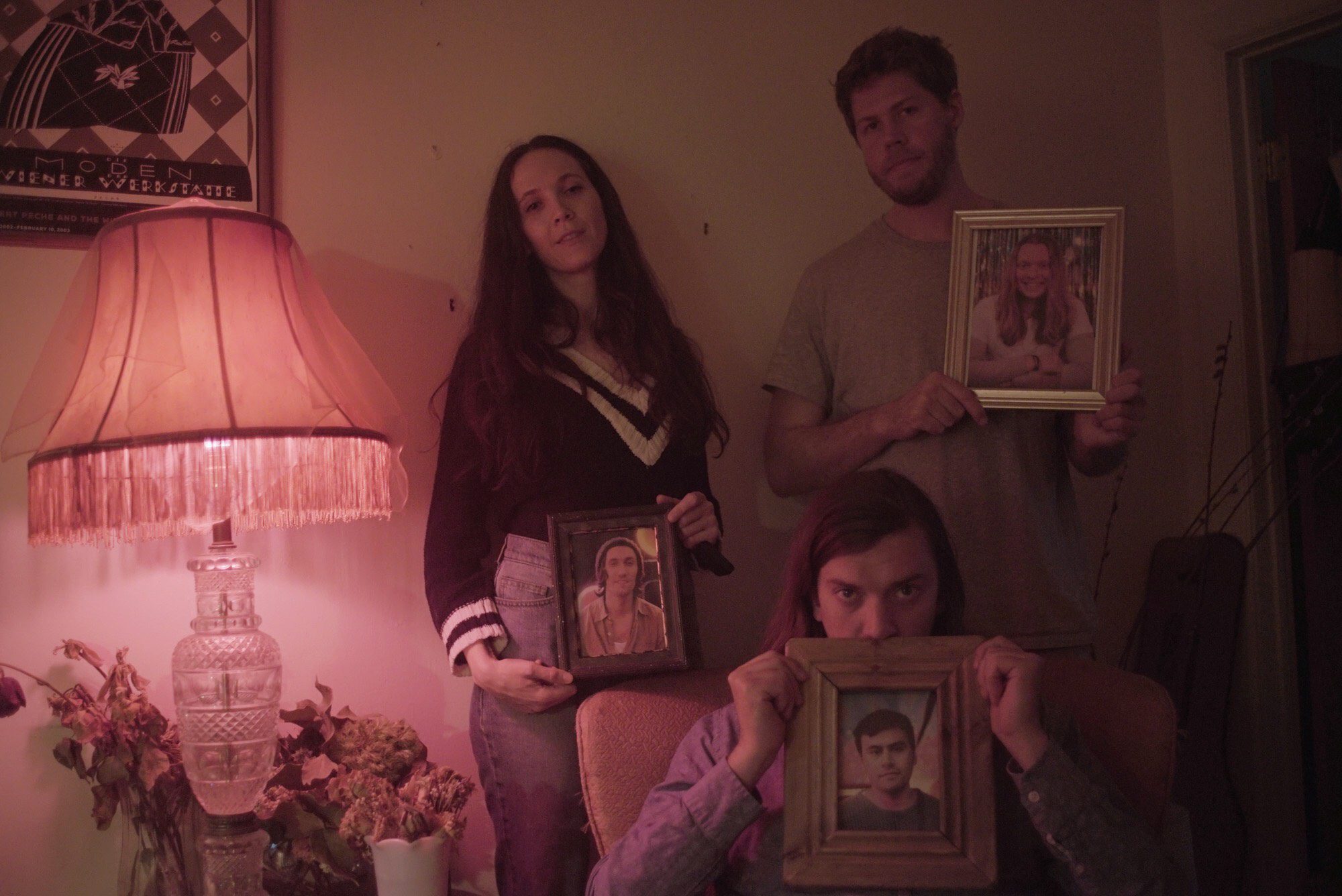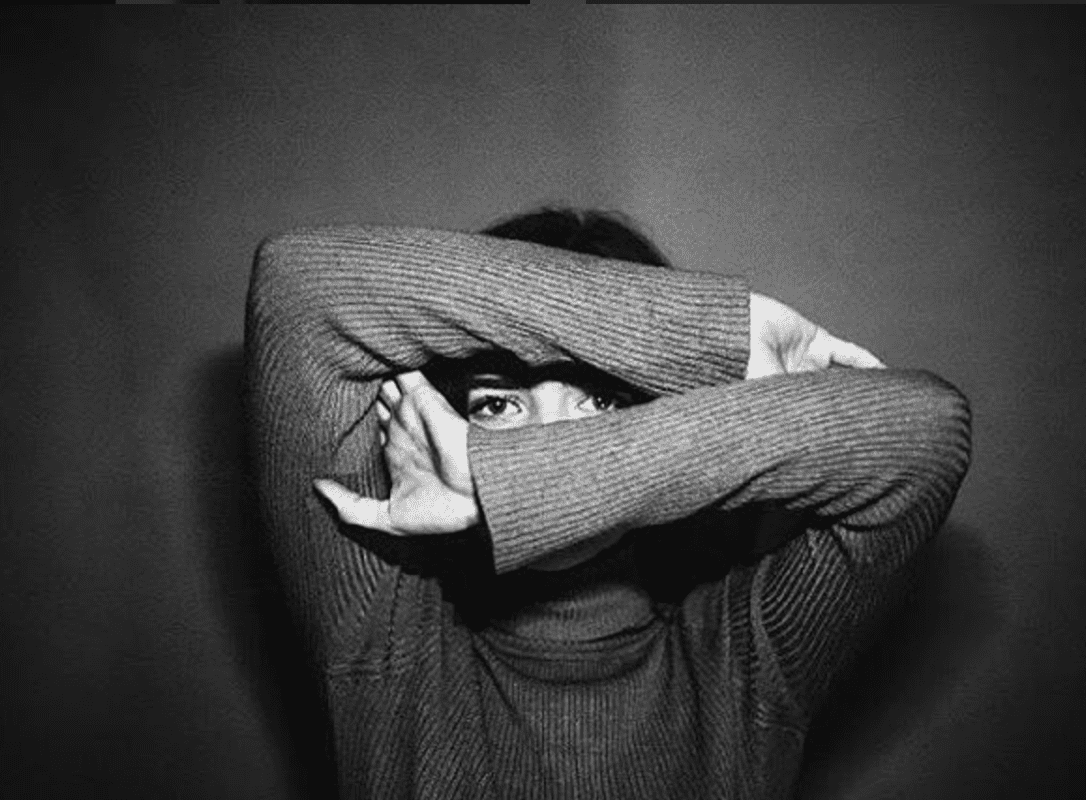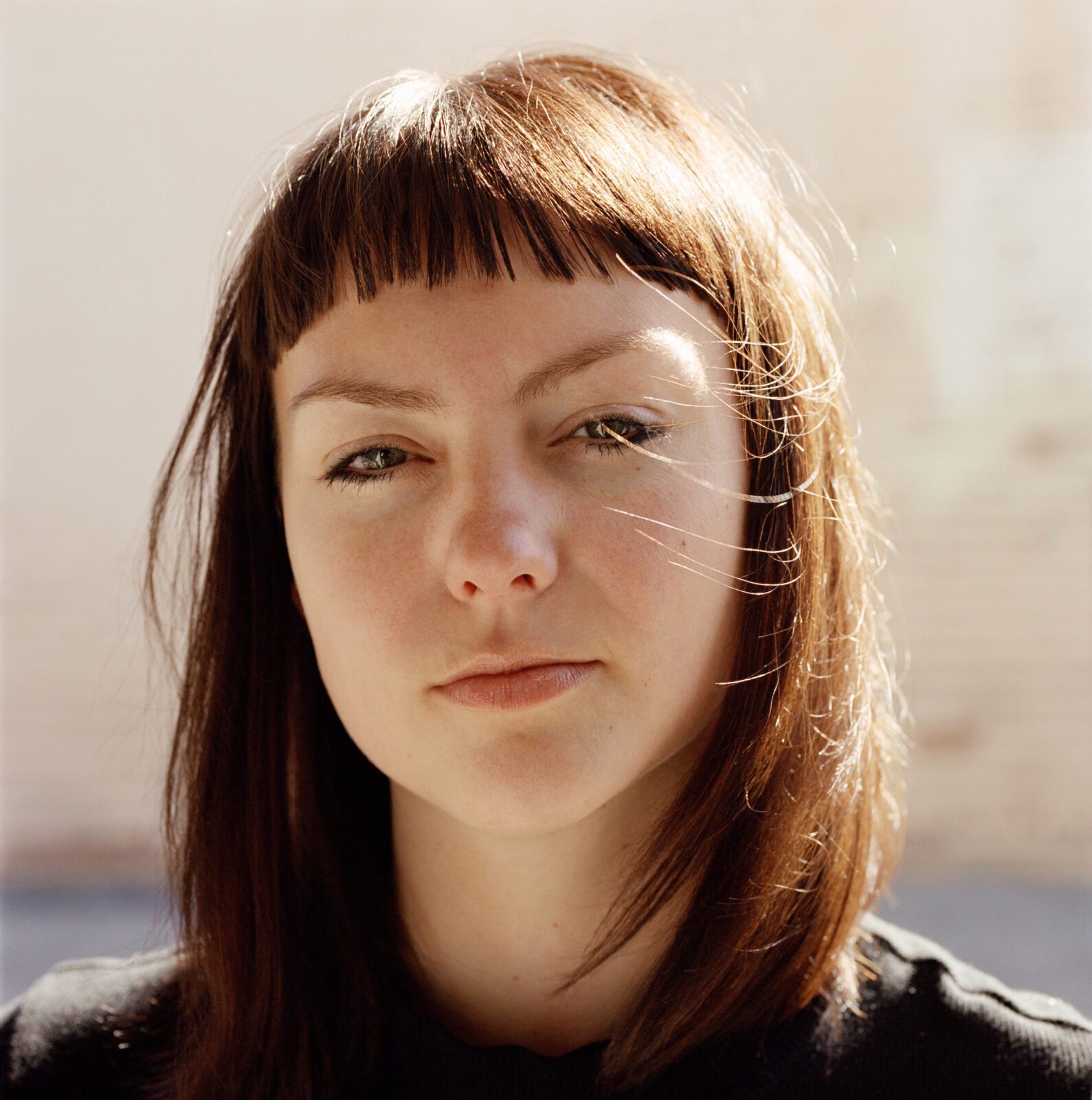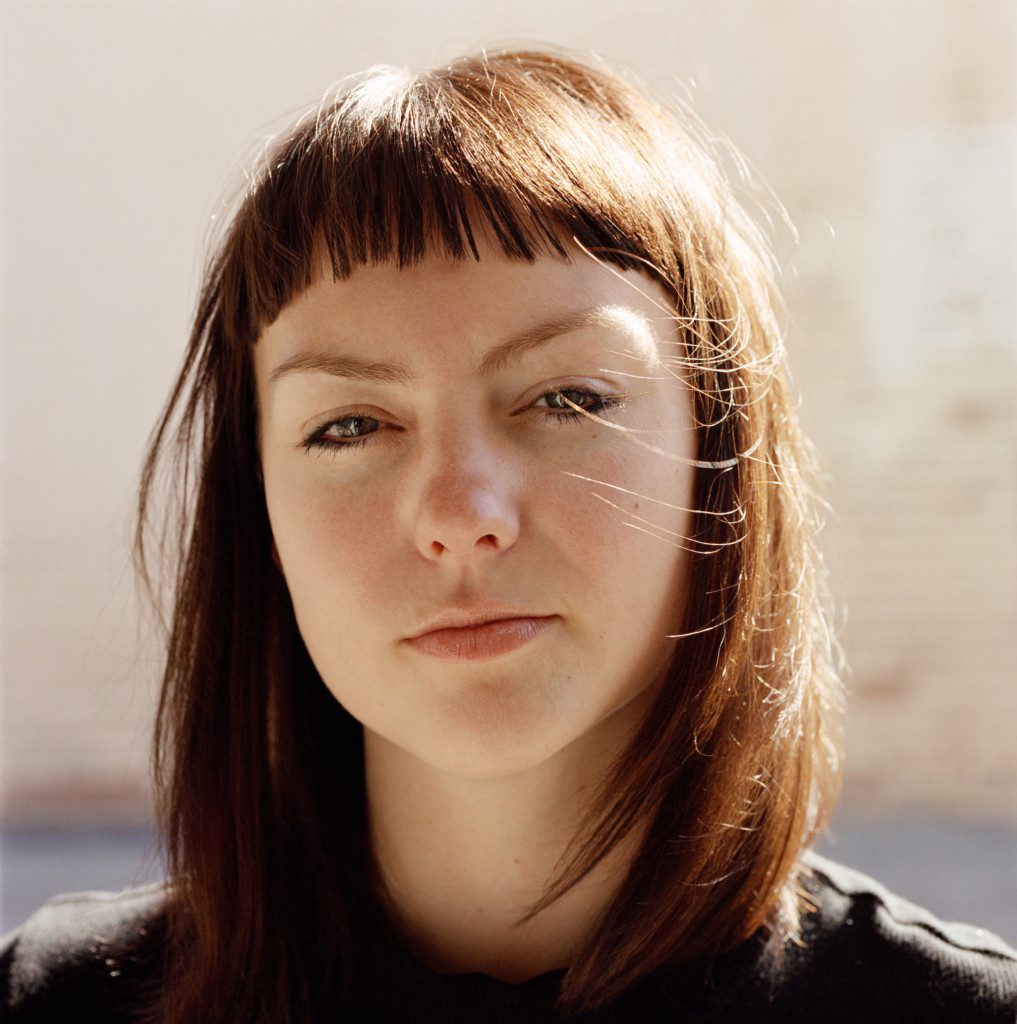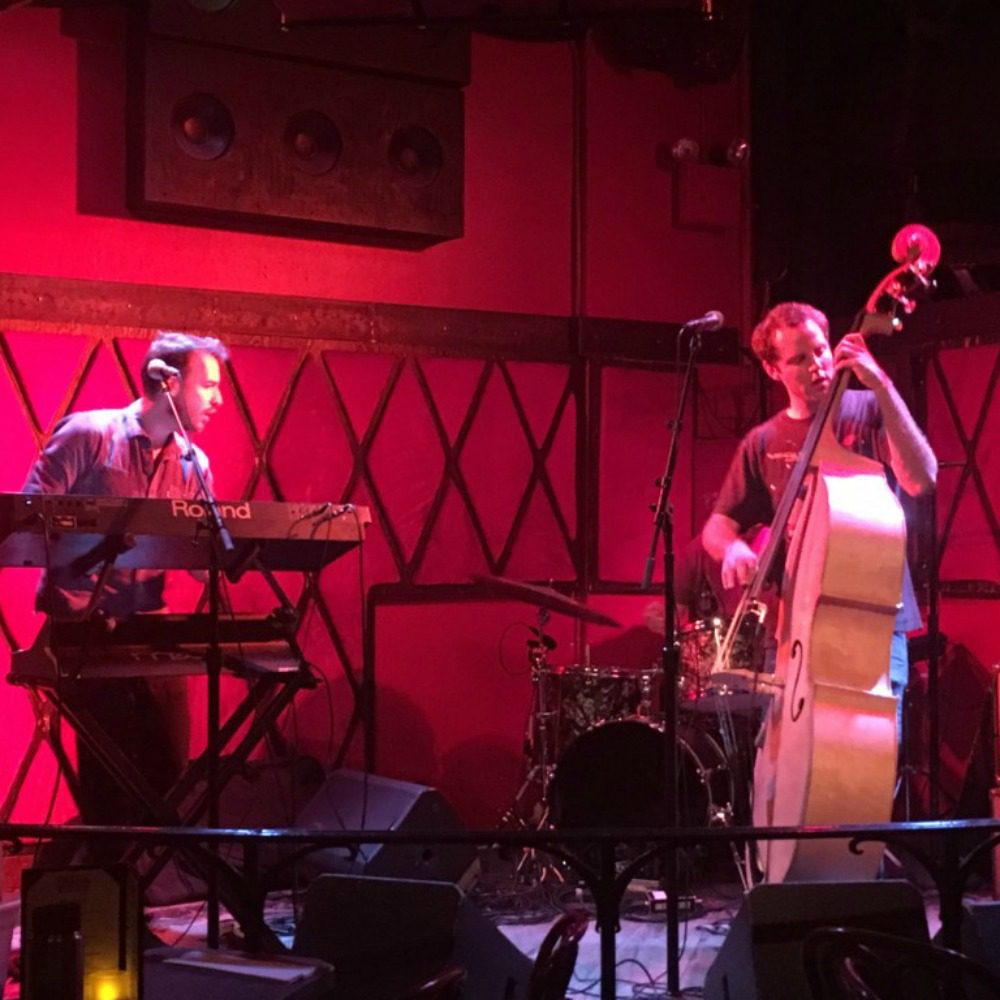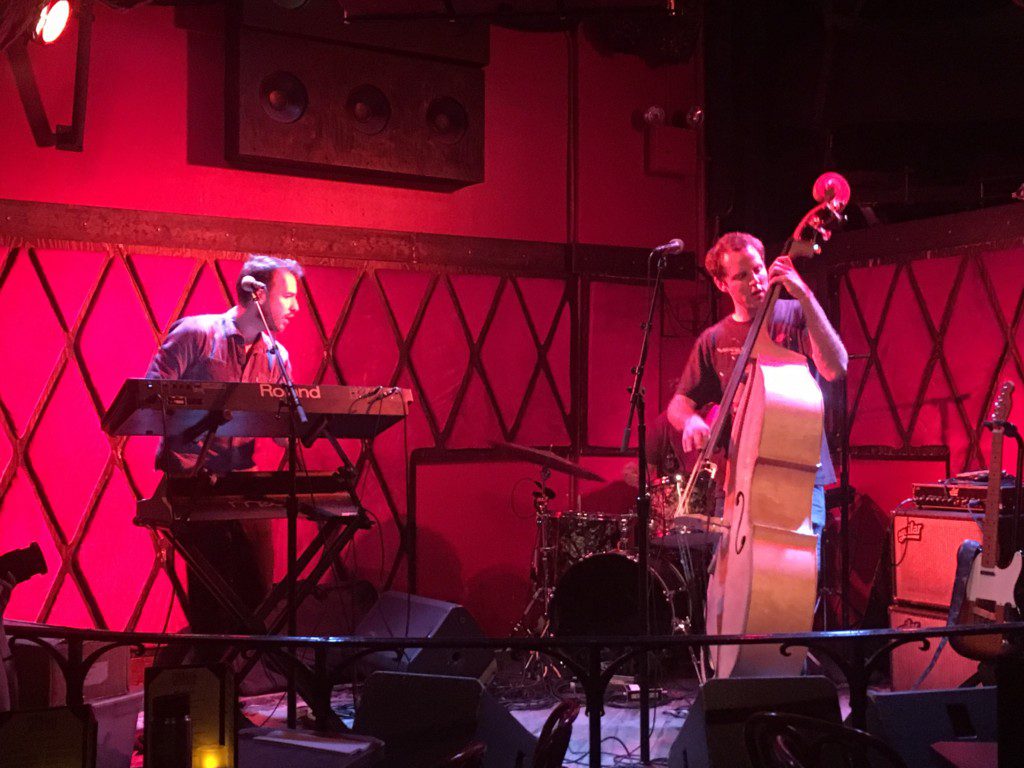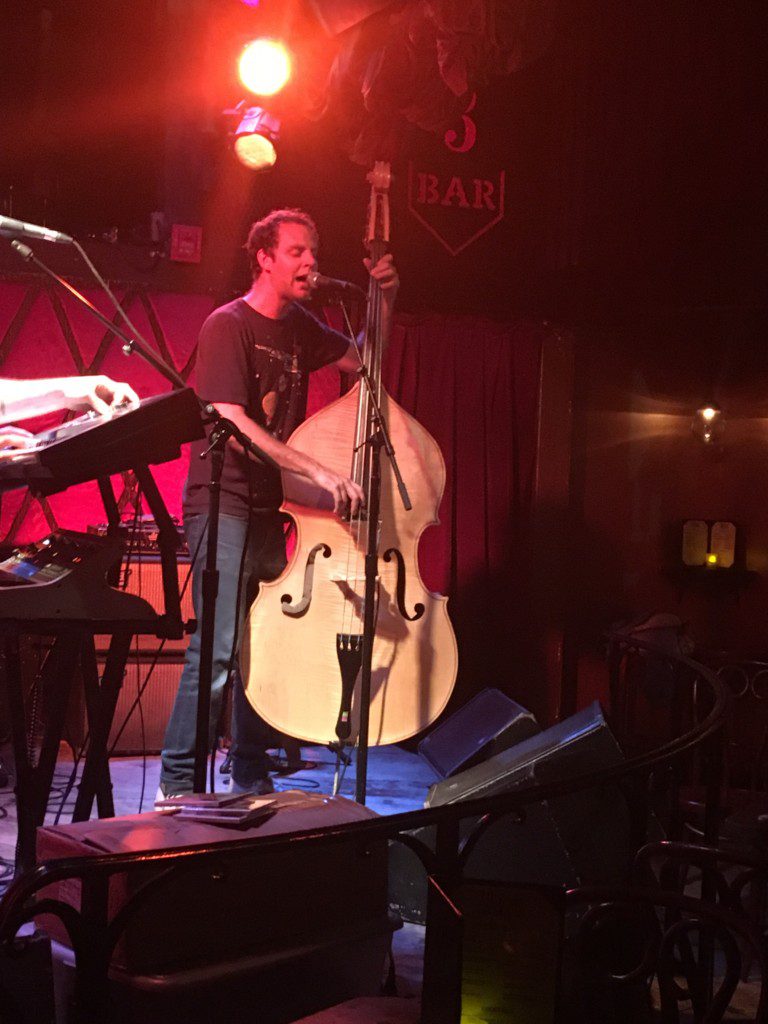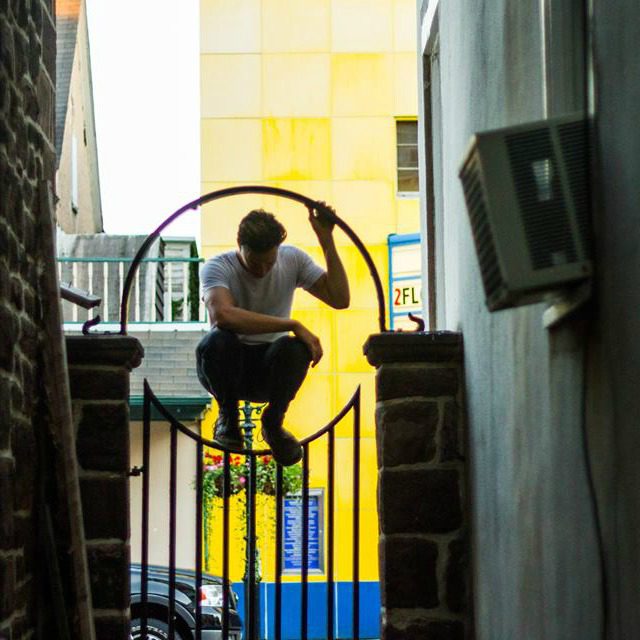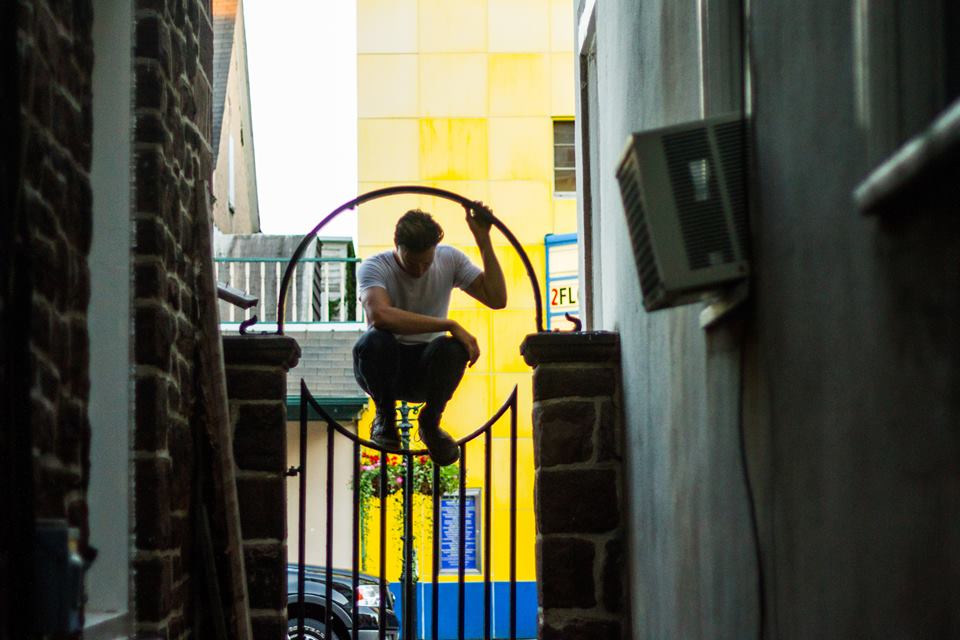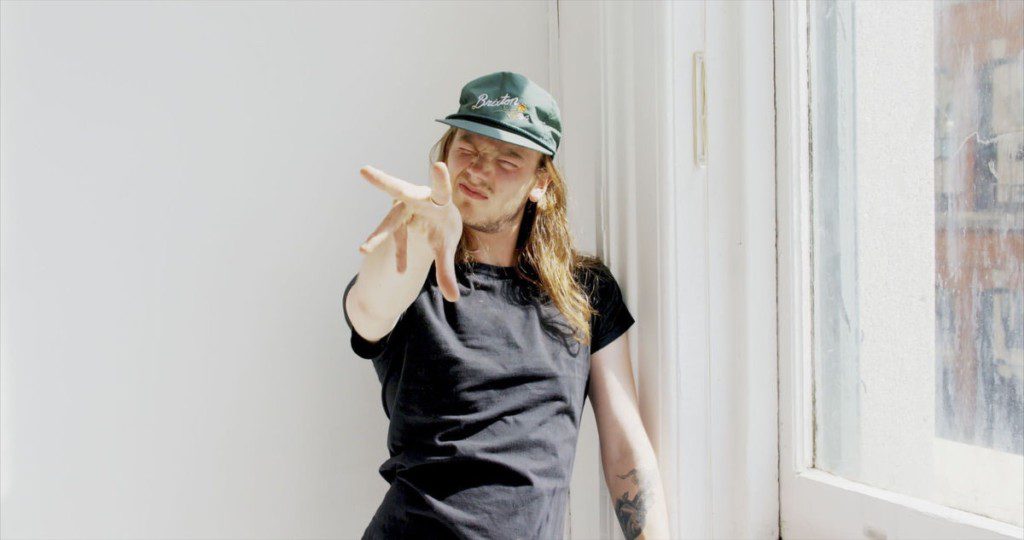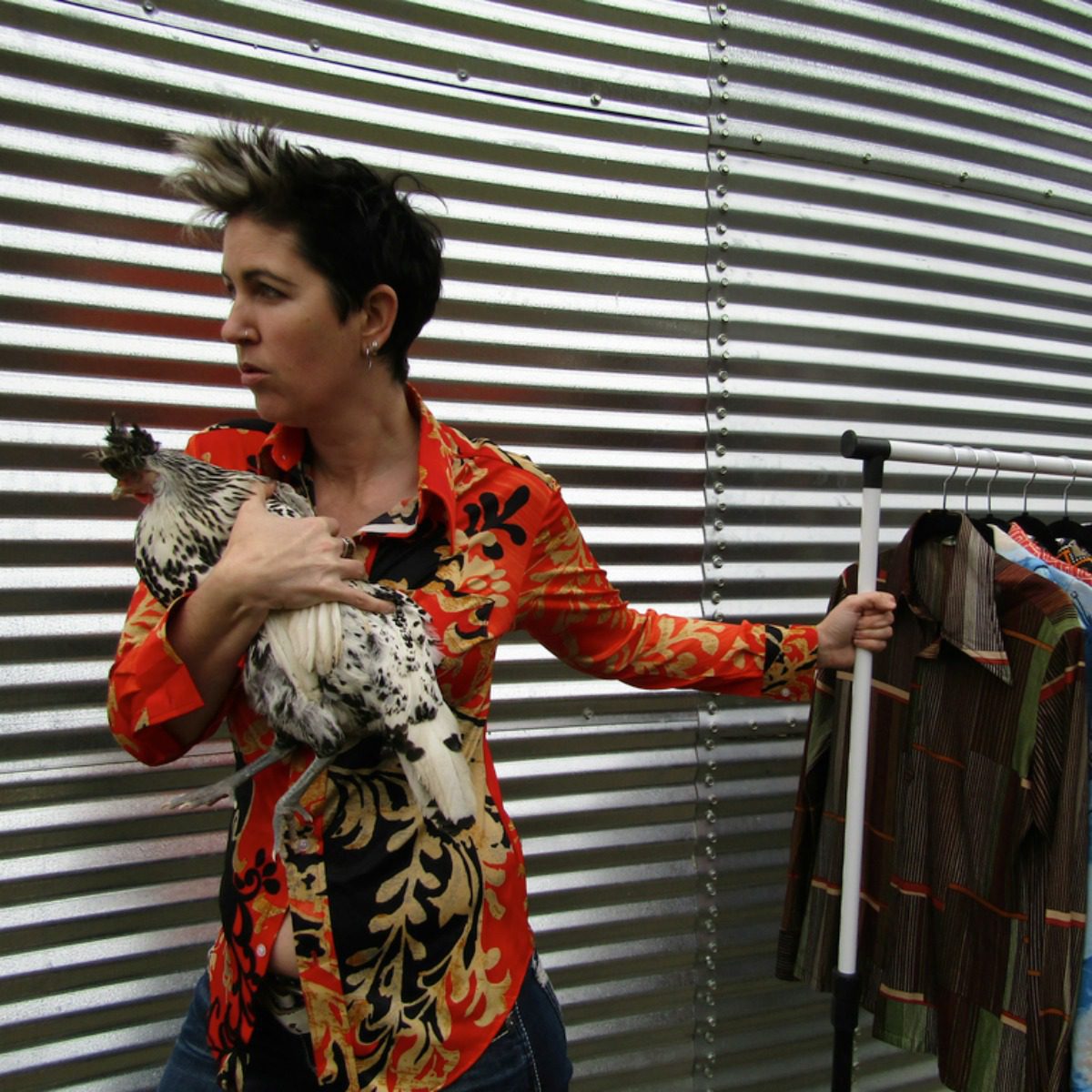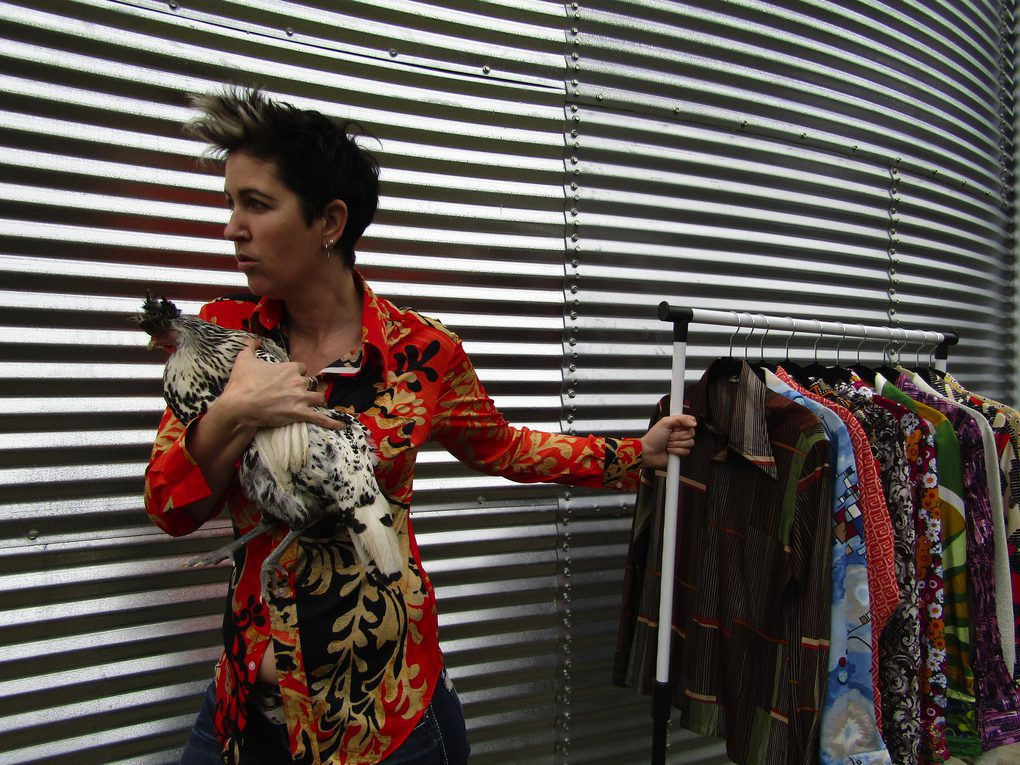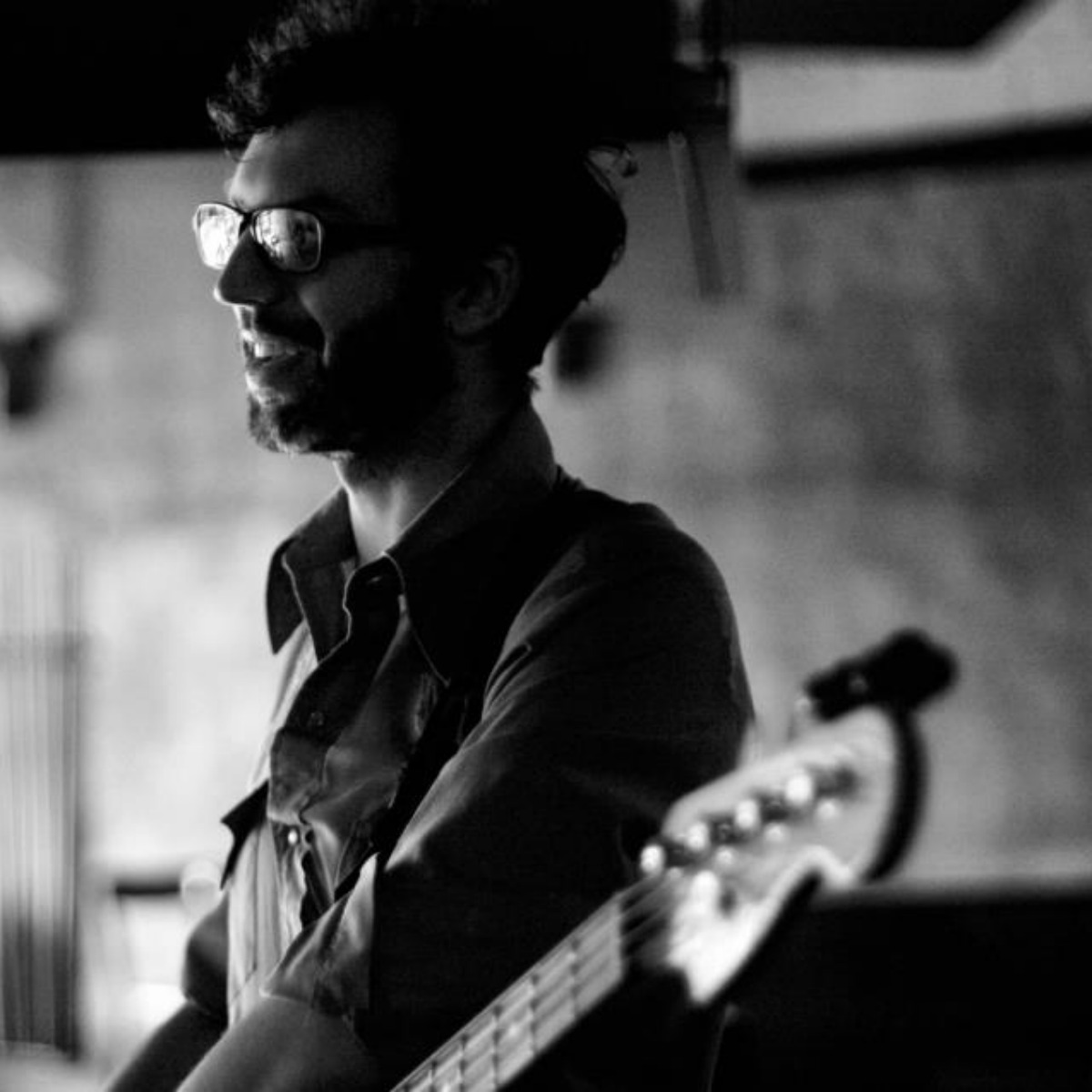PLAYING NASHVILLE: Kyshona Armstrong Premieres ‘Listen’
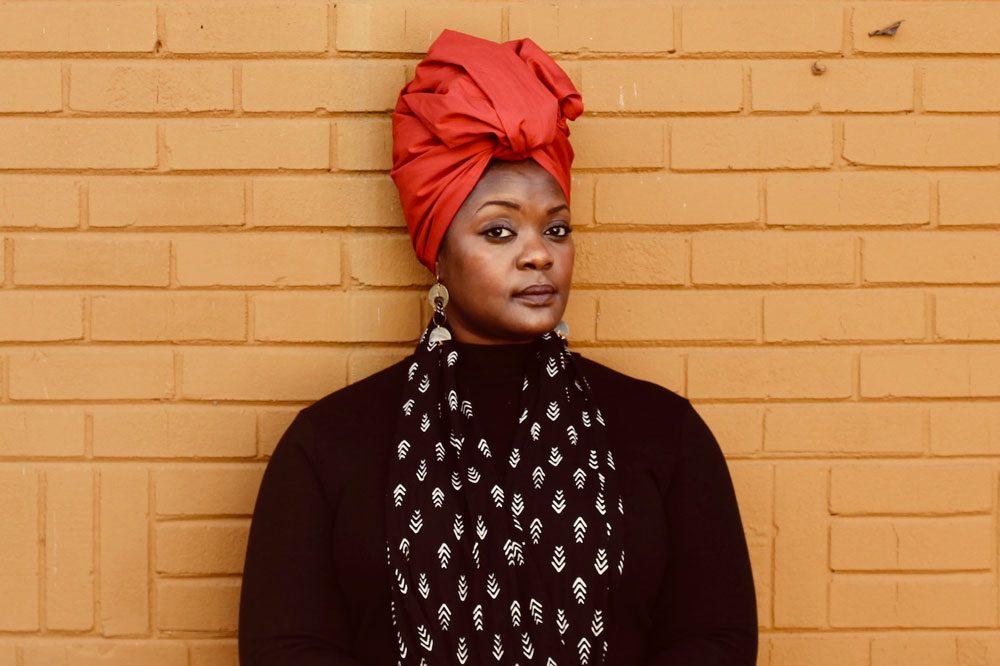

“Why won’t you listen?” It’s a simple question packed with dense meaning, and is the core message of Kyshona Armstrong’s new song “Listen,” premiering exclusively with Audiofemme. It’s the title track from her forthcoming LP, set for release on February 28.
Co-written by Armstrong and Toronto-based singer-songwriter Emma Lee, “Listen” was born out of a conversation between Armstrong and someone who’d asked her opinion about a recent societal event, a conversation that became more like a debate. “Sometimes all people want is for you to hear them,” Armstrong shares with Audiofemme.“I noticed even with myself, I’ll ask someone a question and then I’m not even listening because I’m trying to figure out how I want to fix it; what can I say in response to it, rather than just hearing a person.”
Armstrong brought her observations into a writing session with Lee, the two building the track’s instrumental before crafting the lyrics. Like spoken word poetry put to music, the song presents a series of questions that lead to the main point in the chorus that repeats, “Why won’t you listen?” She opens the song with a powerful question: “Why you gotta interrupt/when I’m not done talkin’?’” before proclaiming “Yeah, I know you want to help/but you’re deaf to the mission.” For Armstrong, the latter notion delves into her personal frustration with those who are more interested in the “gory pieces” of her work – with such organizations as the Oasis Center, which supports at-risk youth, or teaching songwriting to women who are incarcerated at the Tennessee Prison for Women – than they are with the meaning behind it.
“’Deaf to the mission’ to me means you’re not even hearing the purpose behind what I’m doing,” Armstrong explains, adding that she feels she can convey humanizing stories to her audience of the people she meets in places such as prisons and homeless shelters. “My mission is to be a voice and a vessel for those that feel lost, forgotten and silenced.”
In the music video, Armstrong captures the subtle tension of the song. She called on many of her family members and friends to help tell the story, pairing them up to have playful, yet effective arguments with one another. While their exchanges are muted, Armstrong reveals that to bring out that tension, the couples argued about a range of topics from what toppings to put on a pancake to her sister-in-law reprimanding her niece about her outfit. “They could feel that hum underneath while they were acting,” Armstrong describes of the atmosphere on set as the song was playing in the background. “This is what the song feels like – it’s just this tense moment. It’s about people and feelings.”
For Armstrong, the idea of “listening” all boils down to empathy, which involves stepping into someone else’s reality and trying to see the world from their point of view. She hopes that through the song, people will feel compelled to take action and engage in true listening. “I think ‘listen’ is a more active thing than it sounds like. Listen to someone else’s story, then try to put yourself in their shoes and see how they might walk through the world and might feel in this moment – just pan out from your own world,” she observes. “I hope people take a moment to really think about how can they listen more – or better.”


